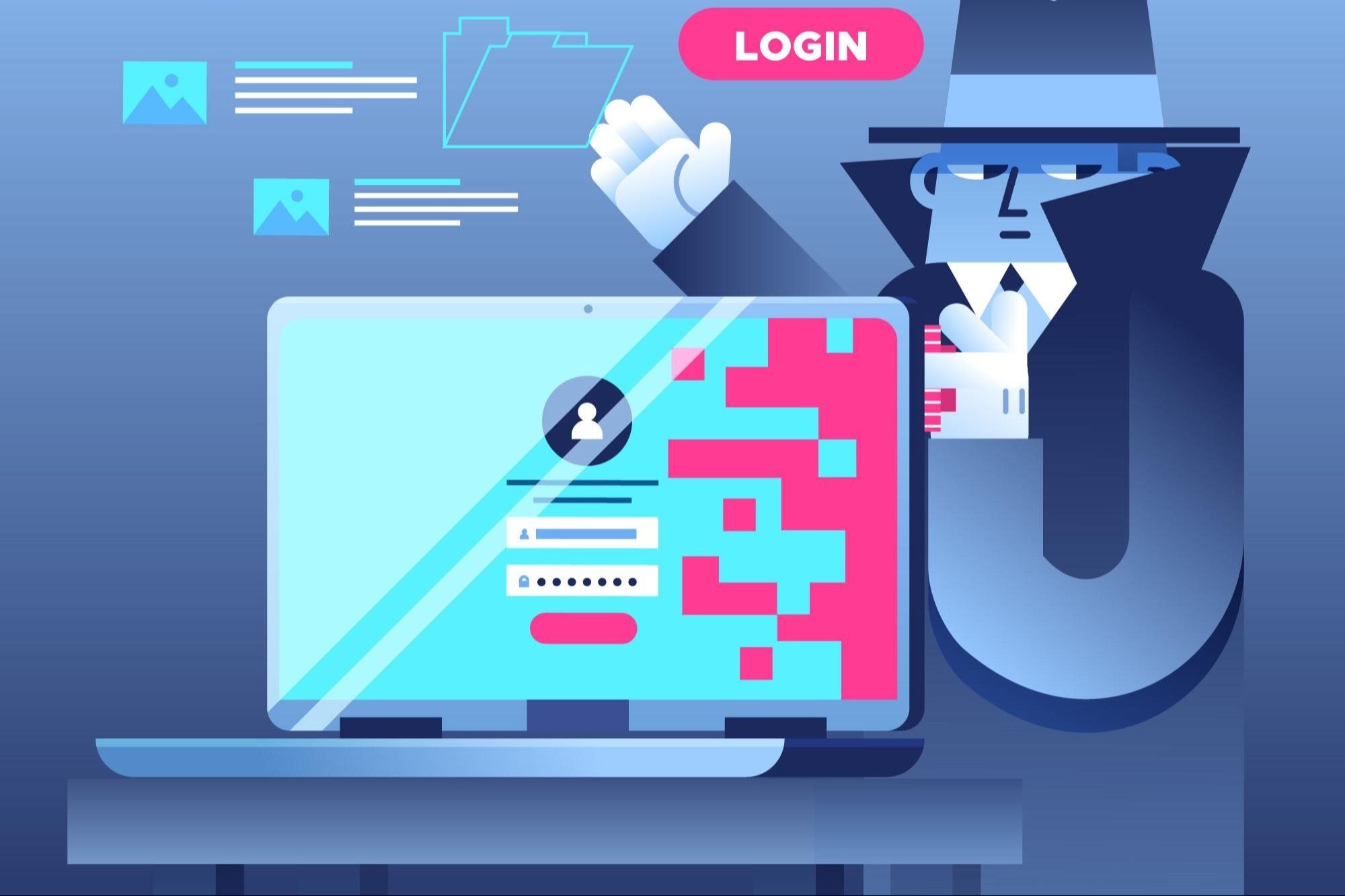India's Education Sector Faces Surge in Cyberattacks, Rising 57% Since 2021 70 % of organizations in India have been affected by information disclosure vulnerabilities
You're reading Entrepreneur India, an international franchise of Entrepreneur Media.

For malicious groups, developed countries were once the primary targets for cyberattacks, but the trend is now shifting towards developing countries, particularly India. India is on its path to becoming a "golden bird" again in three major sectors: economic, social, and international power. Recently, it ranked 3rd most powerful country in Asia, surpassing Russian and Japan. Its tremendous growth is drawing significant attention from the world in terms of investment, political ties, and partnerships.
However, along with these developments, hacker groups across the globe are increasingly targeting key sectors in India, with education being a major focus, followed by healthcare. The number of cyberattacks on India's education sector has surged by approximately 57.72 per cent since August 2021, when the average number of attacks per week was 5,196. The current rate now stands at 8,195 attacks per week, according to Check Point Software Technologies Ltd. This figure surpasses the global average of 3,355 attacks per week.
It is evident that the more technology we incorporate into our daily routines, the more vulnerable we become to cyber threats. In previous decades, cyberattacks were not as widespread or frequent in India, largely because developed countries like the United States and European nations were the primary targets, being early adopters of modern technologies.
However, after the COVID-19 pandemic, the Indian education system has also shifted significantly to digital platforms. These platforms store vast amounts of student data, including personal, academic, and financial information. The increased use of online platforms for education has expanded their digital footprint, thus heightening their vulnerability to breaches. Attackers often exploit weak cybersecurity measures in these institutions, stealing sensitive data such as personal information, which is later sold on the dark web.
Furthermore, the lack of resources to prevent and respond to cyberattacks has made this sector more susceptible to threats. Indian universities and schools often lack the necessary resources, leaving them more exposed to attacks. Additionally, the lack of knowledge among students and faculty members is a significant factor contributing to these vulnerabilities.
According to the report, the most common malware being used are FakeUpdates, Qbot, and Formbook. It points out that 54 per cent of cyberattacks are delivered via email, and 58 per cent of these email attacks use .exe files. Furthermore, 70 per cent of organizations in India have been affected by information disclosure vulnerabilities, exposing critical data.
"Cybercriminals are increasingly targeting critical sectors in India, particularly those handling vast amounts of personally identifiable information (PII), such as education, which often has a wide attack surface. With the rise of Gen AI, these threats are poised to become even more severe especially as social engineering and phishing attacks escalate. The surge in attacks underscores the urgent need for organizations to strengthen their cybersecurity frameworks. Proactive measures, including robust defenses and continuous monitoring, are essential to safeguard sensitive data and maintain operational integrity,"Sundar Balasubramanian, Managing Director for India and SAARC at Check Point Software.










